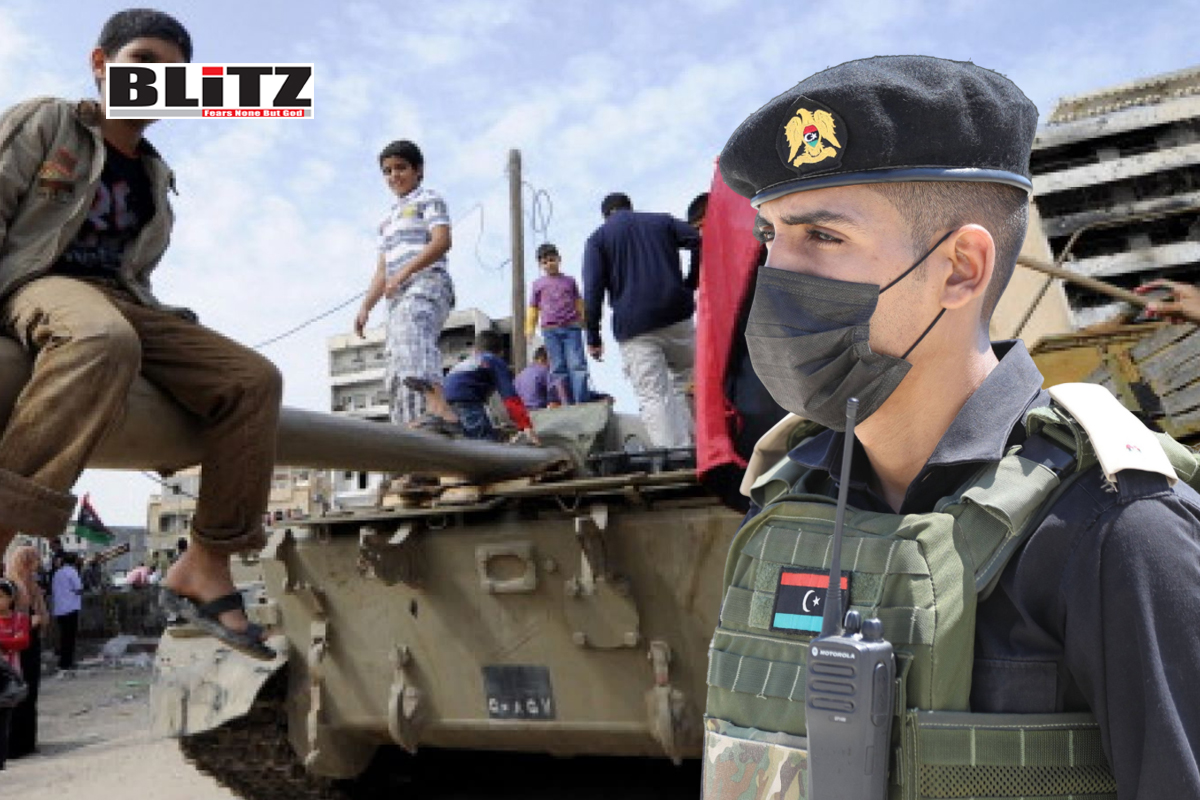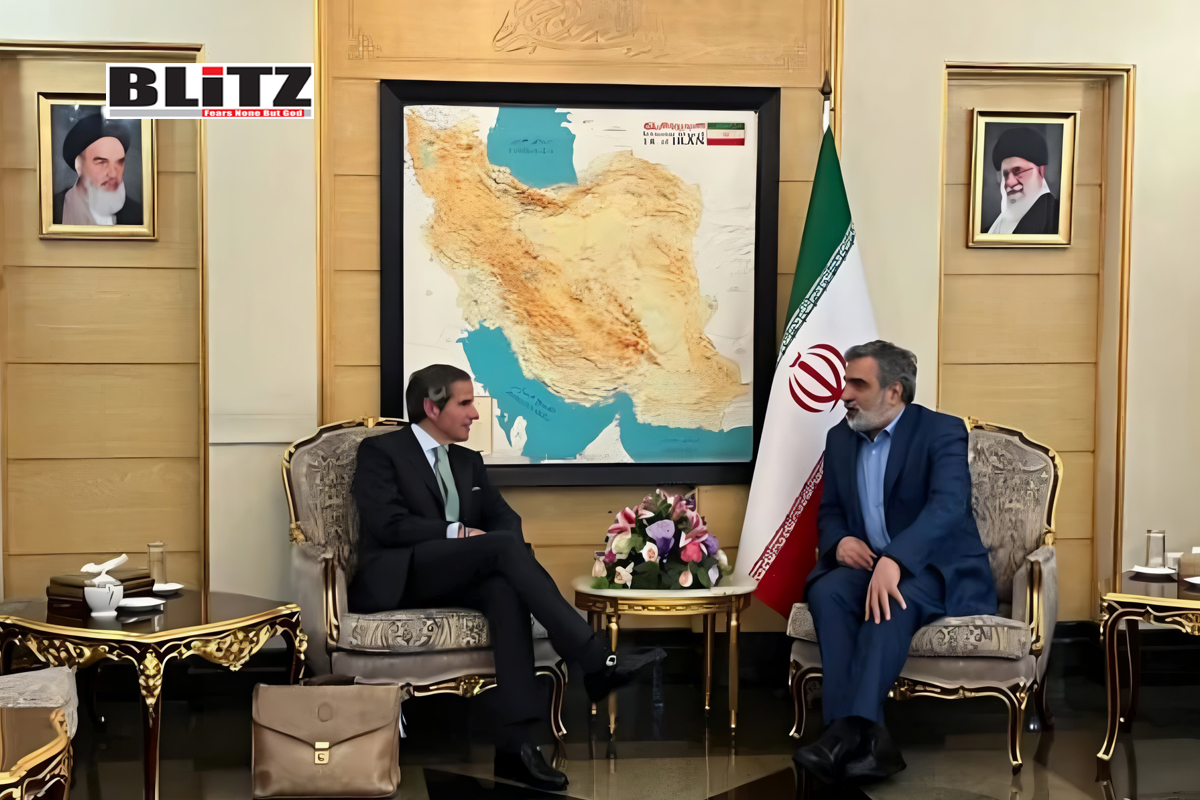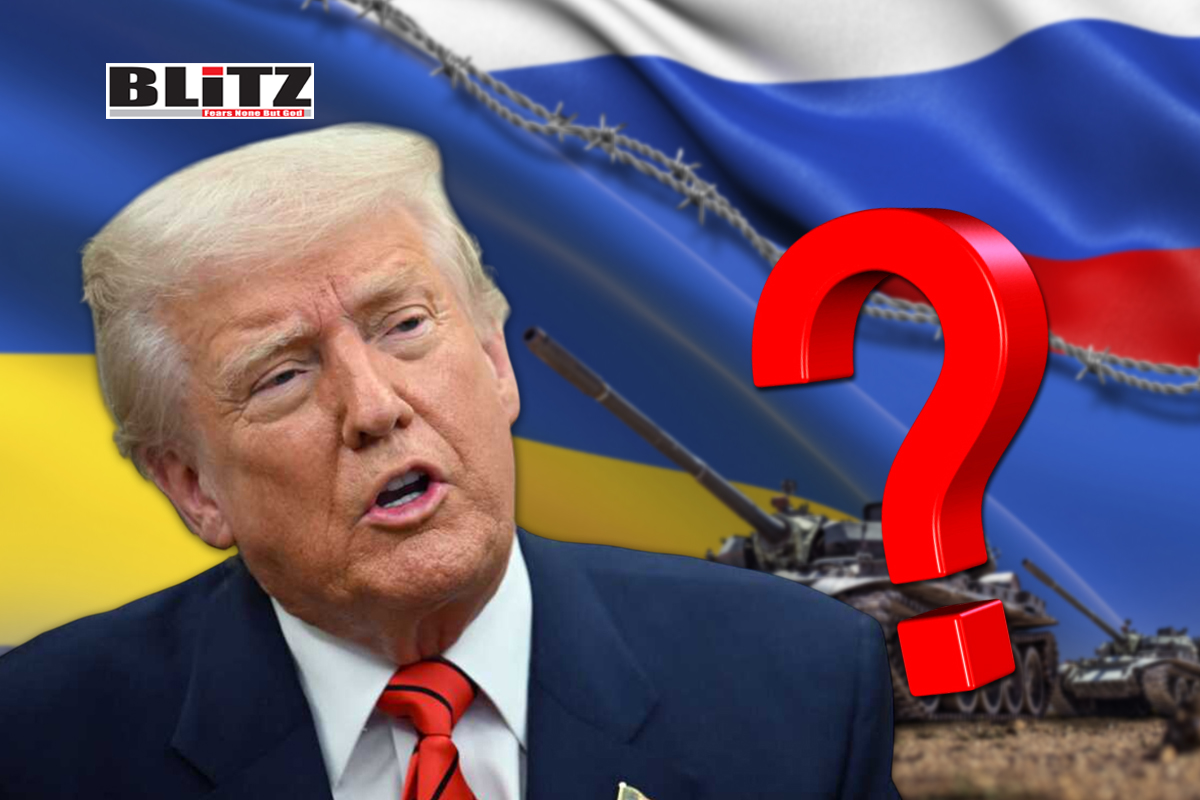Libya’s engineered collapse: How oil, militias, and foreign powers hijacked the state
- Update Time : Tuesday, June 17, 2025

More than a decade has passed since the 2011 uprising that toppled Muammar Gaddafi’s regime, yet instead of blossoming into a stable democracy or even a functioning state, Libya has spiraled into a carefully engineered disaster. The country’s institutional framework has all but disintegrated, with key state responsibilities outsourced-or outright surrendered-to militias, criminal syndicates, and foreign actors. What remains is a hollow shell of sovereignty where violence is not a breakdown of order but a calculated mechanism of governance, and chaos is not a byproduct of failure but a feature of elite strategy.
Today’s Libya is no longer a nation-state in any meaningful sense. It is a fragmented landscape of militia-run enclaves, extractive economies, and foreign military outposts. What makes this situation particularly alarming is that Libya is not a failed state due to a lack of resources. On the contrary, it generates roughly $50 million daily from oil exports-an estimated 1.2 million barrels per day. But this wealth has become a curse rather than a blessing, hijacked by kleptocratic networks that sustain warlordism rather than public services. The result is a predatory rentier system where institutional dysfunction is deliberately maintained to enrich a narrow elite class.
The events in Tripoli last month illustrate the endemic violence plaguing Libya. The assassination of a militia commander, under the pretense of negotiation, ignited clashes that left nine civilians dead and at least 47 wounded. These are not isolated incidents. They are part of a systemic pattern where militias operate with total impunity, transforming urban centers into battlegrounds and using violence as leverage in power-sharing deals.
The so-called Government of National Unity (GNU) based in Tripoli presides over a capital city split into over a hundred militia-controlled zones. The state’s nominal authority is entirely contingent on the loyalty of these armed groups, whose primary allegiance is not to the Libyan people but to the continued flow of oil money and foreign patronage. For example, the 444th Combat Brigade, one of the most powerful armed factions in Tripoli, receives an estimated $15-20 million per month from state coffers under the guise of providing “security services.” In truth, this money buys influence, territorial control, and the right to wage intermittent warfare against rivals.
The recent seizure of Abu Salim, a critical Tripoli district housing key financial infrastructure, revealed the underlying economic motivations behind militia conflict. When a rival faction was eliminated under the guise of a state “purge,” control of Abu Salim shifted to GNU-aligned forces-who now control access to approximately $1.8 billion in monthly oil revenues processed through the Central Bank. This was not a security operation; it was a hostile takeover for the purposes of rent capture. Abu Salim alone is now estimated to generate over $300 million a month in illicit revenues through customs surcharges, port fees, and smuggling kickbacks.
Libya’s war economy is not a chaotic accident-it is a deliberately maintained system that allows armed actors and complicit officials to siphon public wealth while avoiding accountability. Fuel smuggling syndicates, operating under militia protection, move over 100,000 barrels of oil daily through the western coast and across southern borders. Ports such as Tripoli and Misrata are hubs of illicit trade, where parallel “customs” offices collect unofficial taxes of up to 25 percent on all imports and exports.
None of this would be sustainable without the perverse alignment of interests between political elites, militia leaders, and foreign powers. Hydrocarbon revenues are supposed to fund healthcare, education, infrastructure, and civil administration. Instead, they subsidize militia payrolls, purchase weapons, and feed a black-market economy whose profits never touch the average Libyan household. This corruption is not hidden; it is normalized.
Libya’s internal fragmentation is exacerbated by a geopolitical scramble among foreign powers seeking to exploit the country’s vast resources. Turkish troops-estimated at 5,000-occupy drone bases near Tripoli and patrol the Eastern Mediterranean under maritime agreements that effectively hand Ankara control over parts of Libya’s offshore oil fields. Russian mercenaries from the Wagner Group, meanwhile, operate out of Al-Qardabiyah Airbase, securing eastern oil terminals in exchange for crude oil shipments totaling about 80,000 barrels per day.
Even the United States, which publicly champions democracy and rule of law, is playing both sides. While voicing support for the Tripoli-based GNU, Washington has also made overtures to the rival administration in the east, led by Field Marshal Khalifa Haftar. US forces have even held joint military exercises with Haftar’s Libyan National Army (LNA), inadvertently bolstering his legitimacy as he positions troops to retake the strategic city of Sirte-gateway to Libya’s central oil crescent.
Libya has become a geopolitical marketplace where guns and drones are traded for oil concessions, and where sovereignty is less an ideal than a bargaining chip. With more than a dozen foreign military bases now active on Libyan soil, it is clear that fragmentation is not a policy failure-it is the intended outcome of transactional diplomacy.
For ordinary Libyans, the cost of this engineered instability is catastrophic. Despite billions in oil revenues, the country is experiencing a humanitarian crisis of staggering proportions. Inflation has surged past 200 percent, eviscerating household purchasing power. Unemployment, especially among youth, hovers at 40 percent. Electricity outages last up to 18 hours per day, crippling hospitals, schools, and businesses.
One of the most tragic examples of elite negligence came in September 2023, when two dams near Derna collapsed due to years of misappropriated maintenance funds. More than 5,000 people died-more than have fallen in front-line battles since 2011. It was a catastrophe foretold by engineers, whistleblowers, and civil society groups-but ignored by a government more concerned with financing militias than maintaining infrastructure.
Public anger is growing, and dissent is rising despite the risks. Last month, more than 4,000 people took to the streets in Tripoli and Misrata, chanting “neither east nor west,” a damning indictment of both the GNU and Haftar-led administration. Protests have escalated to the occupation of ministry buildings and nightly tire burnings, frequently met with live fire from militia units determined to silence resistance.
Libya’s collapse has implications far beyond its borders. The country has become a launchpad for human trafficking operations that funnel tens of thousands of migrants to Europe every year. Its southern borders are gateways for weapons smuggling that fuel conflicts in Mali, Chad, and Sudan. With Sudan already hosting over 9 million displaced persons and teetering on the brink of civil war, a renewed Libyan civil war-especially between Tripoli and Benghazi-would trigger a humanitarian disaster on a far greater scale.
Oil markets would not be spared. Libya holds over 41 percent of Africa’s proven reserves. A disruption in its exports, especially amid ongoing global instability and energy market volatility, could lead to significant price shocks, especially for Europe, which is already reeling from supply chain insecurity stemming from the war in Ukraine.
International peace efforts have proven hollow. UN envoys rotate through diplomatic offices while militias rotate through ministries. Ceasefire agreements are signed and broken with equal ease. Elections, once promised, have been delayed for over 1,400 days. There is no credibility left in the process, and no accountability for those who undermine it.
What Libya needs is not another hollow round of dialogue. It needs a reckoning. This includes:
- A forensic audit of the Central Bank, National Oil Corporation, and sovereign wealth funds.
- Prosecution of officials and militia leaders implicated in war crimes and embezzlement.
- The dismantling of armed factions and the integration of security forces into a unified national military under civilian oversight.
- An end to foreign arms shipments and the closure of foreign military bases.
Until such steps are taken, Libya will remain trapped in a cycle of predation and impunity, and the question will not be if violence escalates-but when it explodes into a regional firestorm.
Every 3.6 seconds, another barrel of oil leaves Libyan ports. But instead of fueling development, it feeds an inferno of corruption, conflict, and collapse. If the world fails to act, the next dam that breaks may not just drown a city-it could destabilize an entire continent.











